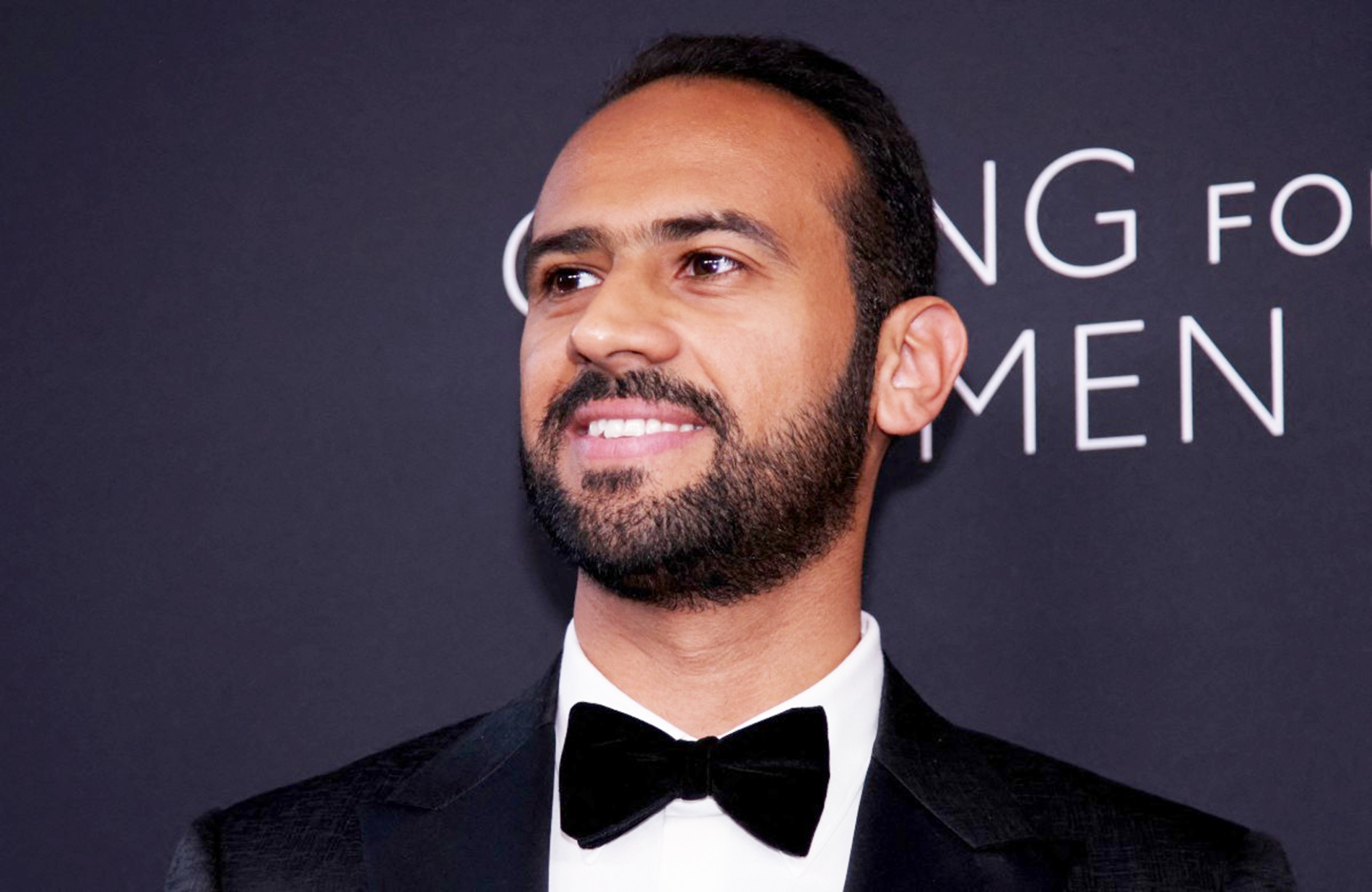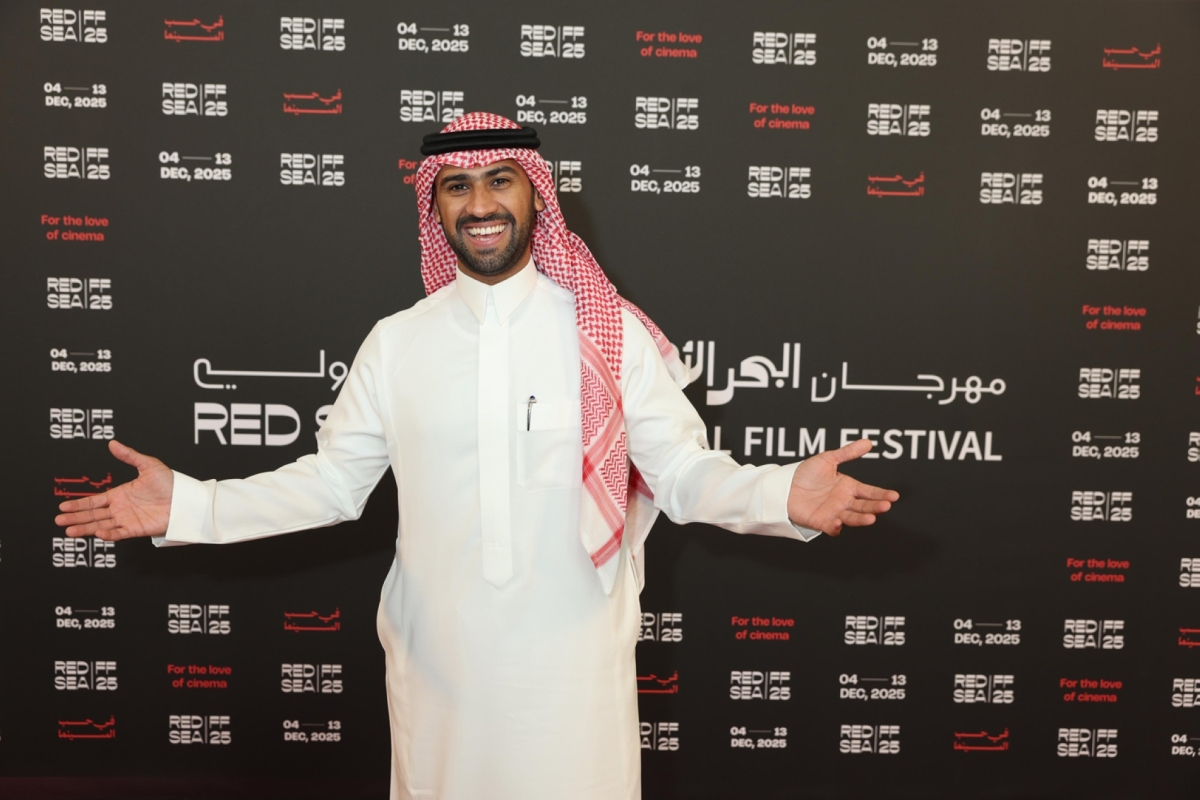Despite his relative youth, Saudi filmmaker Faisal Baltyuor already has quite the résumé. The new chief executive of the Red Sea International Film Festival was also the first chief executive of the Saudi Film Council, the first head of Ithra Cinema, the founder of CineWaves Films (a fast-growing distribution company), the chief executive of Muvi Studios, and the founder of Riyadh’s first arthouse cinema, Cinehouse.
Ahead of this year’s Red Sea International Film Festival (RSIFF), which takes place from 4-13 December, Al Majalla spoke to Baltyuor about his upbringing and his involvement in the world of cinema, learning how this ultimate professional has the instinct of a researcher and the enthusiasm of an amateur. His systematic and organised approach to work comes from his family, he thinks. From his academic father, he learned that success comes not just from talent but from discipline.
His studies have taken him from a scholarship in Sydney, Australia, to the King Abdulaziz Cultural Centre (Ithra), to his various responsibilities in production and distribution companies, which have given him a rounded sense of work. “You work because you know why and how you work, not because you simply want to be seen or prove that you are exceptional,” he says.
Learning the industry
In the film laboratories in Sydney, Baltyuor learned that cinema does not rely just on imagination; it is about managing resources, time, and relationships. He learned how ideas grow and about the boundary between art and the market. Returning to Saudi Arabia, he knew “what was possible”. He talks at length about production, describing it not as an adventure but as a process closer to engineering.
“I was obsessed with technology,” he recalls. “I followed every technique available, its developments, equipment, costs, and mechanisms. At the time, I was the only Saudi student in the group—from a country where a film industry did not yet exist. Despite that, I was determined to pursue knowledge and passion. That experience gave me a real awareness of the need to understand the industry from within.”

Baltyuor’s second role was as cinema manager at Ithra in Aramco, which he describes as a turning point. A filmmaker of multiple interests and experiences, he has now been a director, a producer, a distributor, an owner of an independent art-house cinema, and the chairman of a quarterly magazine. In short, he has seen cinema from all angles, explores them one by one, understanding the relationship between creativity and administration, between the individual and the collective, between the idea and its executive structure.
Evolving scene
In recent years, Faisal Baltyuor has been one of the most prominent voices on the Saudi cinematic scene, acting as a speaker, contributor, and influencer. Yet those who know him speak of a modest man who is composed, friendly, calm, responsive, attentive, and objective. “I am usually not an emotional person,” he tells Al Majalla. “There is no place for emotion at work. There is also no place for centralisation. Centralisation is the reason for the failure of every administration.”
When Baltyuor founded Bayt Al-Cinema, it was the first art-house cinema in Saudi Arabia to obtain an official and institutional licence to programme and screen films throughout the year. A walk through the venue reveals it to be an intimate artistic space inspired by a classical décor evoking the 1940s and 50s. The founder says he spends his spare non-working moments as a viewer in one of its halls.













